Trending Now
Sunday, Nov, 2024
Home / PM Modi Introduced 100 Textbooks in 12 Indian languages at the 2-day Education Summit
PM Modi Introduced 100 Textbooks in 12 Indian languages at the 2-day Education Summit
The two-day education summit, organized by the education ministry in collaboration with the Ministry of Skill Development and Entrepreneurship, the University Grants Commission (UGC), and the All India Council for Technical Education (AICTE), emphasized the significance of regional languages in education.
 by Pragti Sharma /
by Pragti Sharma /  29 Jul 2023 22:56 PM IST /
29 Jul 2023 22:56 PM IST /  0 Comment(s) / 139
0 Comment(s) / 139
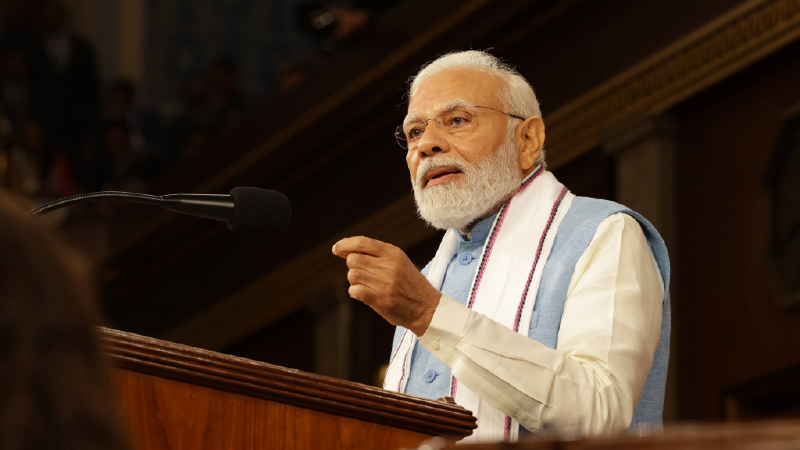
Image Courtesy : www.facebook.com/narendramodi
Prime Minister Narendra Modi inaugurated the second Akhil Bharatiya Shiksha Samagam at the International Convention Centre, Pragati Maidan, New Delhi. During this occasion, PM Modi introduced a collection of 100 books in 12 Indian languages, including Assamese, Bengali, Gujarati, Hindi, Kannada, Malayalam, Marathi, Odia, Punjabi, Tamil, Telugu, and Urdu.
The two-day education summit, organized by the education ministry in collaboration with the Ministry of Skill Development and Entrepreneurship, the University Grants Commission (UGC), and the All India Council for Technical Education (AICTE), emphasized the significance of regional languages in education. PM Modi expressed his hope that universities would actively contribute to crafting high-quality textbooks and teaching materials in diverse Indian languages.
The summit's main goal was to discuss the implementation of the National Education Policy (NEP) 2020. Notable attendees included Dharmendra Pradhan, the union education minister, and union ministers of State – Annapurna Devi, Subhas Sarkar, and Rajkumar Ranjan Singh.
M Jagadesh Kumar, UGC chairman, highlighted the efforts of the expert committee, led by Nageswar Rao, vice-chancellor of Indira Gandhi National Open University, in promoting Indian languages in higher education. The committee's future mandate involves preparing a minimum of 150 BA, BCom, and BSc first-year subject textbooks in each Indian language to bridge educational resource gaps.
Moreover, the UGC plans to create an additional 1,500 books in various Indian languages. To further encourage the use of mother tongues and Indian languages, the UGC has directed higher educational institutions to conduct teaching-learning activities through correspondence and other mediums. A team of subject experts, academicians, and translators has been formed to develop textbooks in Indian languages, with guidelines issued to ensure translation quality.
In response to these initiatives, central and state universities, along with colleges, have provided detailed descriptions of their efforts to promote Indian languages through a Google form titled "Promotion of Indian Languages in Higher Educational Institutions."

EShort / February 16, 2024
IMS Noida Admissions 2024: Apply for UG, PG programmes
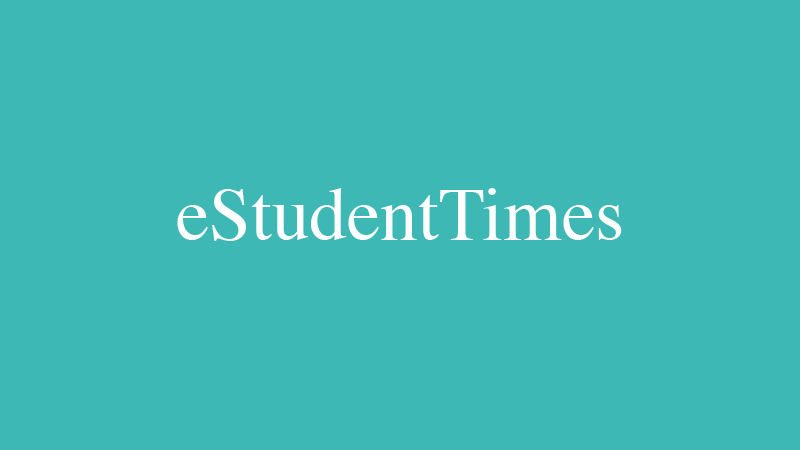
EShort / February 16, 2024
GATE 2024: Response sheet out

EShort / February 16, 2024
BSSTET 2023: Admit card released

EShort / February 16, 2024
NID DAT 2024: Prelims result released

EShort / February 16, 2024
IIT JAM 2024: Response sheet released
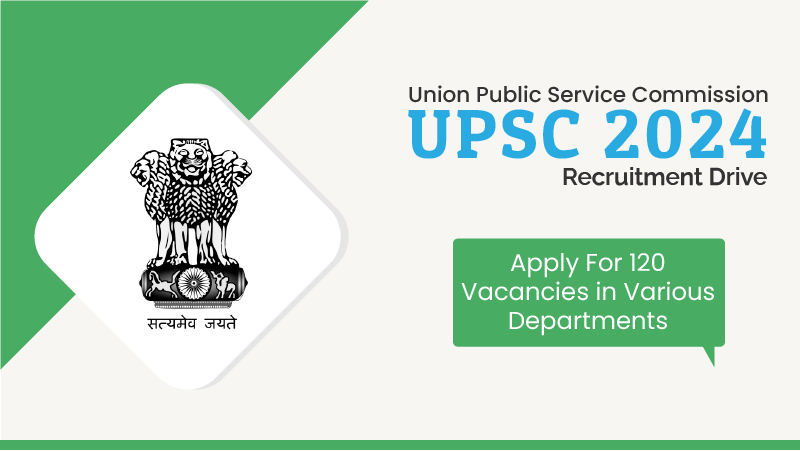
Jobs / February 16, 2024
UPSC Recruitment Drive 2024: Apply for 120 vacancies in various departments

EShort / February 14, 2024
UPSC CSE 2024: Official Notification issued; application process begins
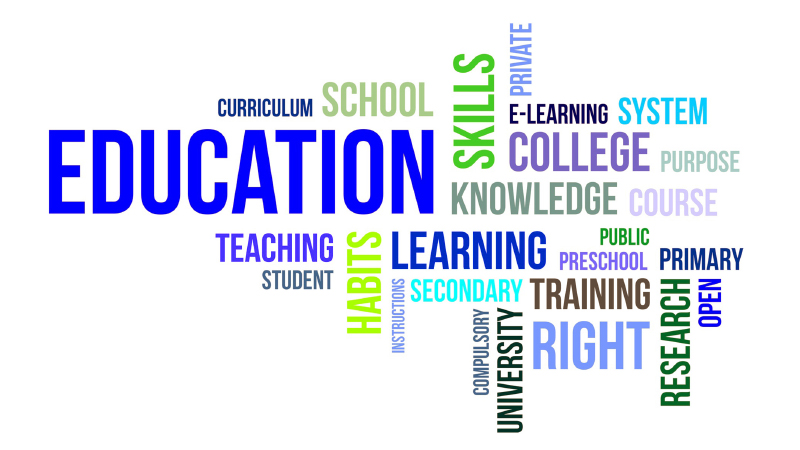
Editor's Desk / April 17, 2020
How Does Society Impact Our Education?

Current Affairs / April 22, 2020
Mr. Sudarsanam Babu appointed to U.S. Science Board.
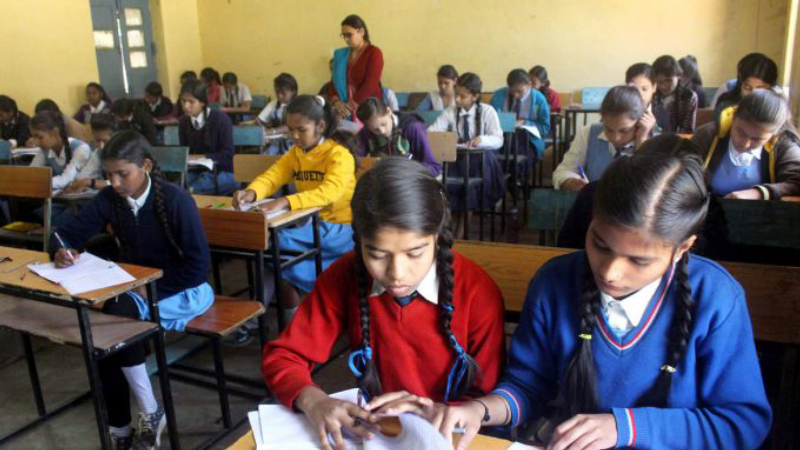
Reforms / April 17, 2020
Traditional Structure of Education In India
.jpg)
Events & Seminars / April 17, 2020
PISA!!
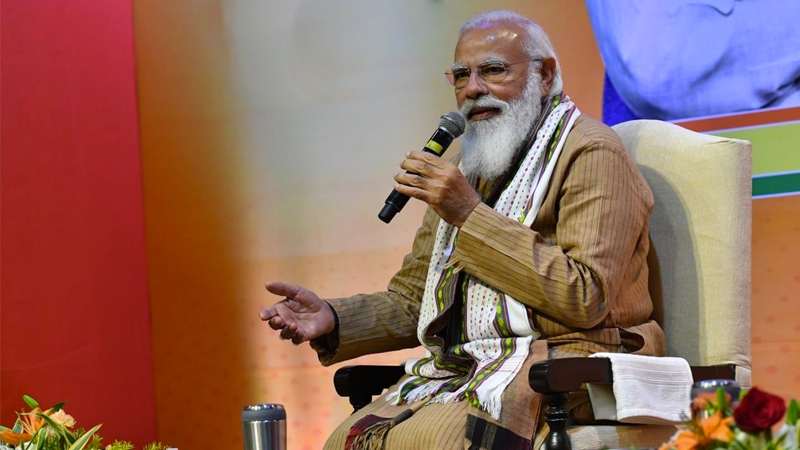
Blog / February 26, 2021
Government's Action On #ModiRojgaarDo

EShort / May 19, 2022
CUET PG 2025 has started the registration process.

Notice Board on Important Dates / April 21, 2020
World Heritage Day

News / July 08, 2021
JEE Mains Registration For Session 3: Last Date To Apply

EShort / December 14, 2021
UPSC Declared Final Result For DCIO Recruitment


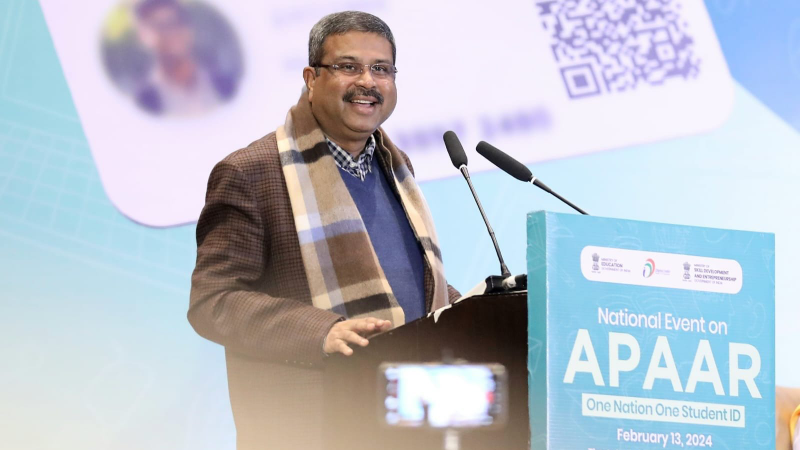


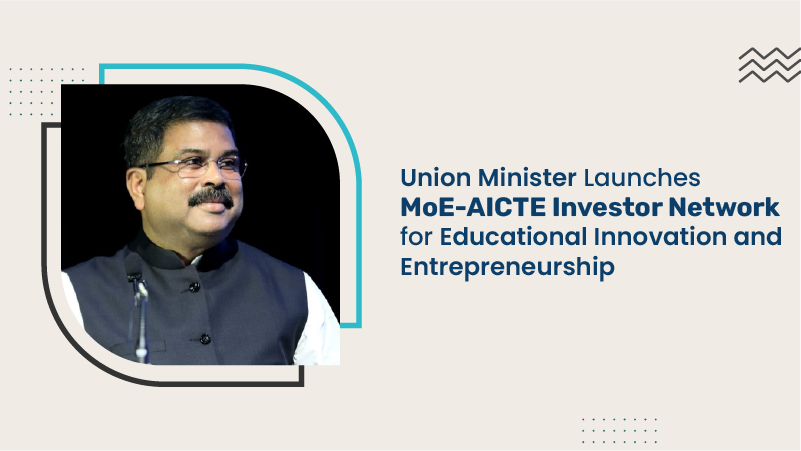


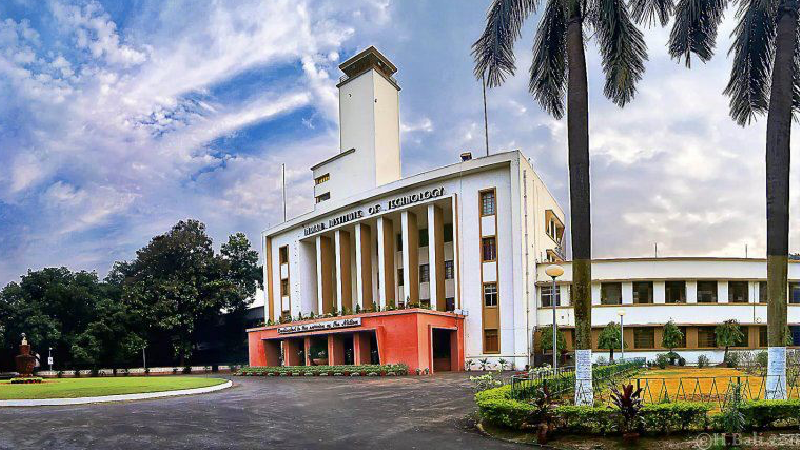
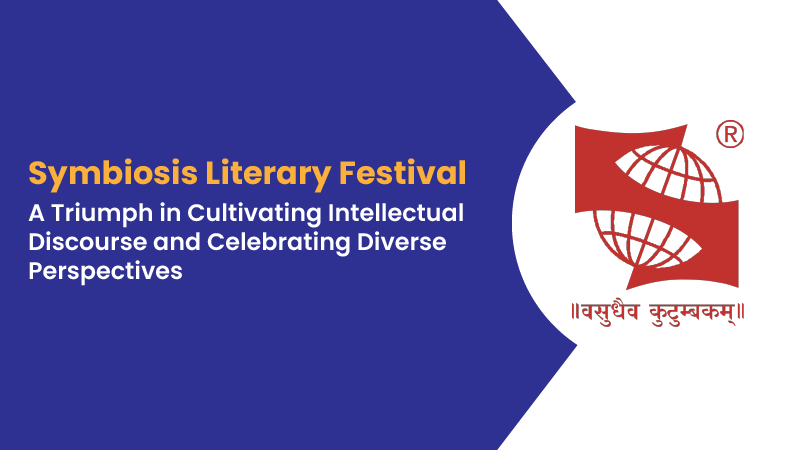

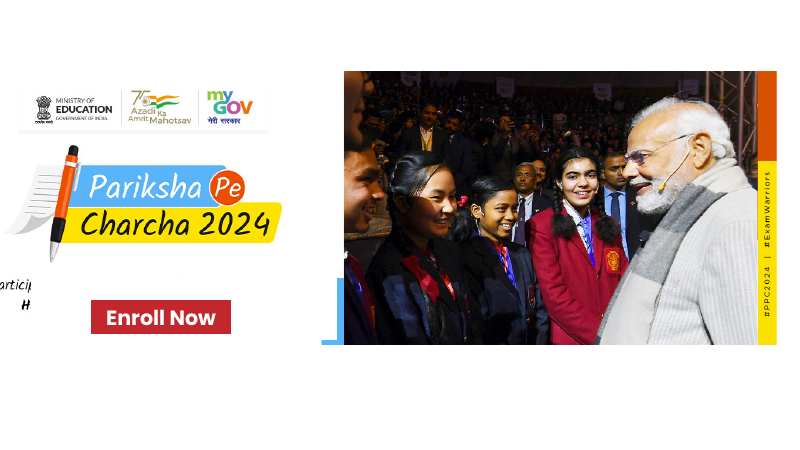
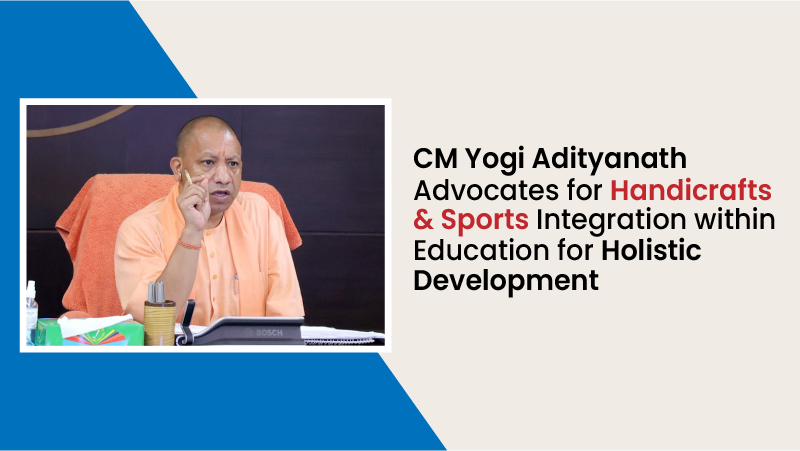
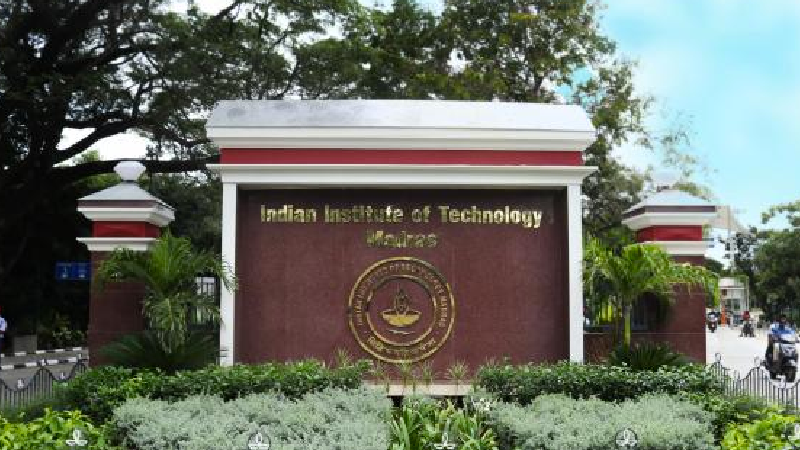
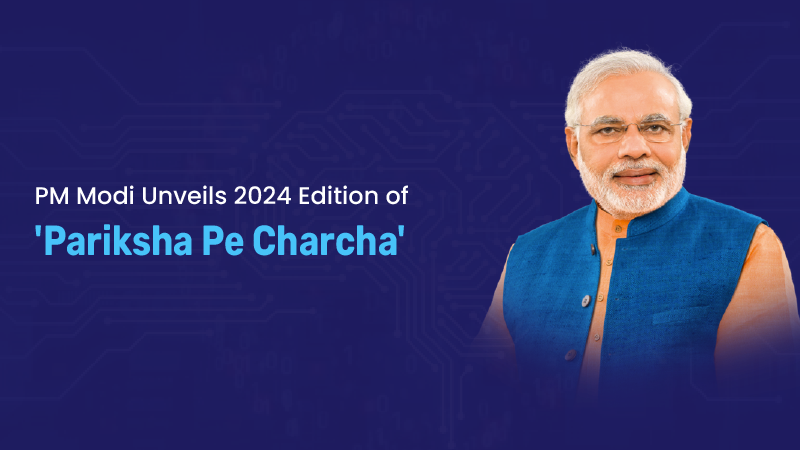
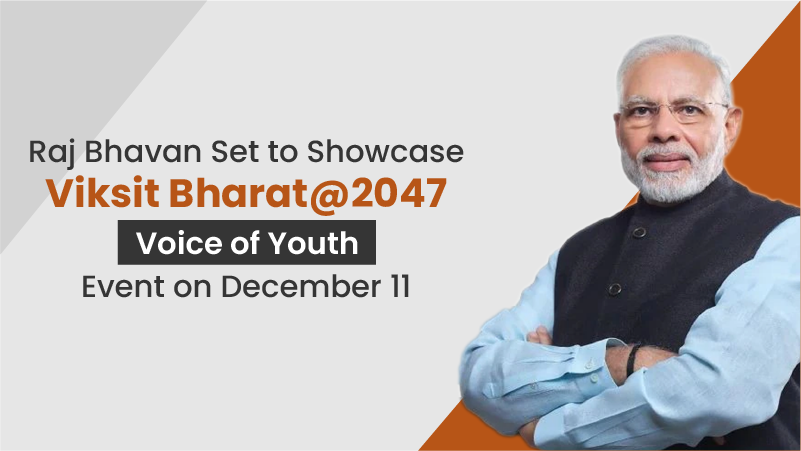
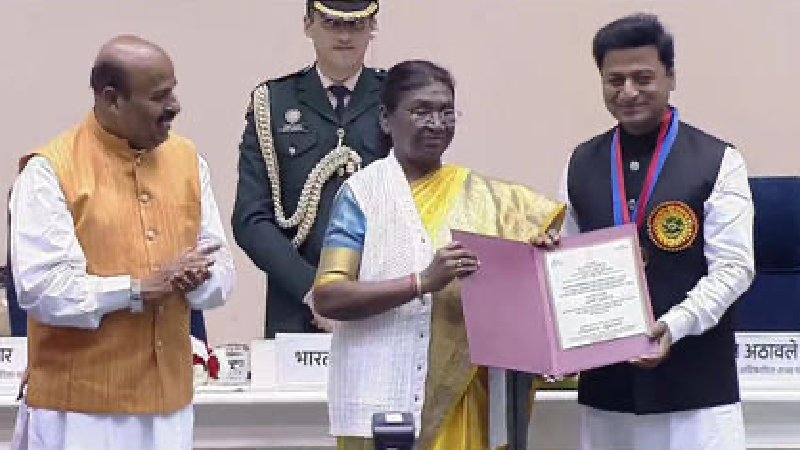
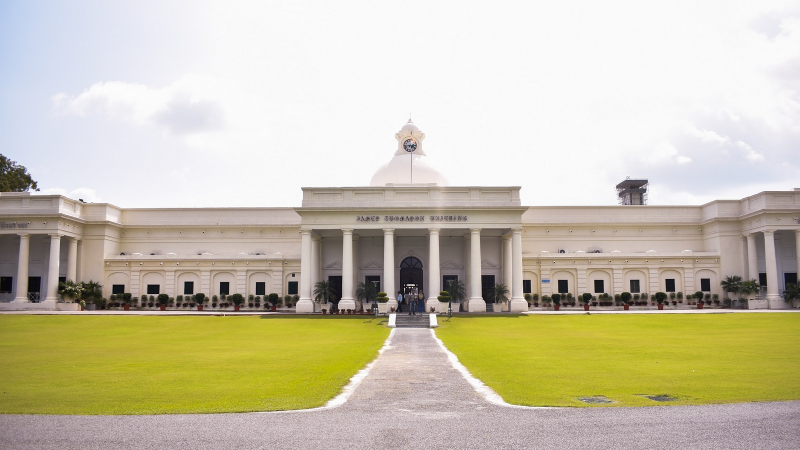
-02.png)
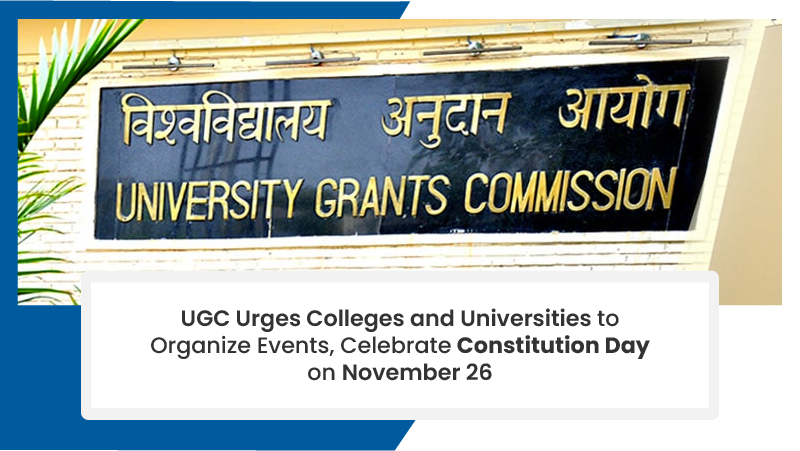
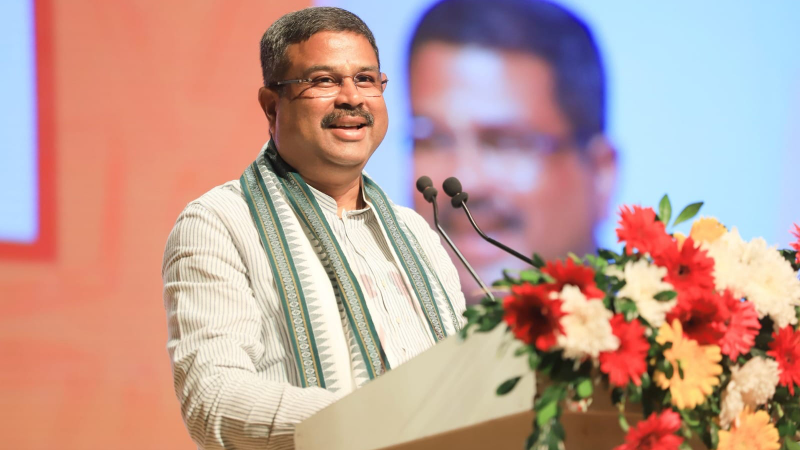
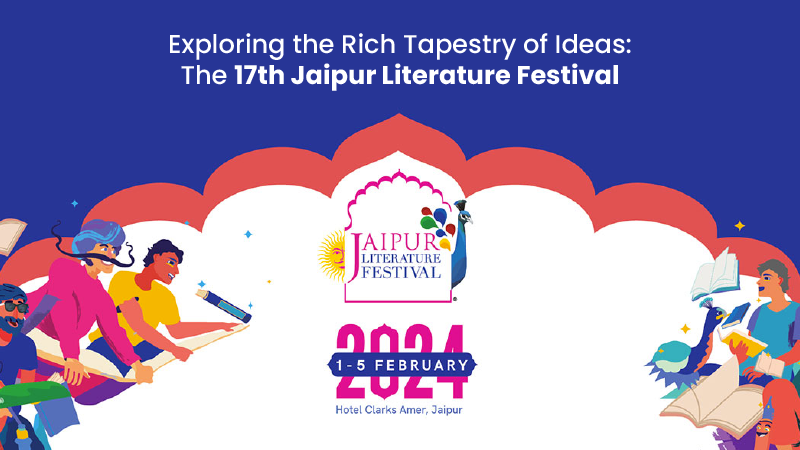
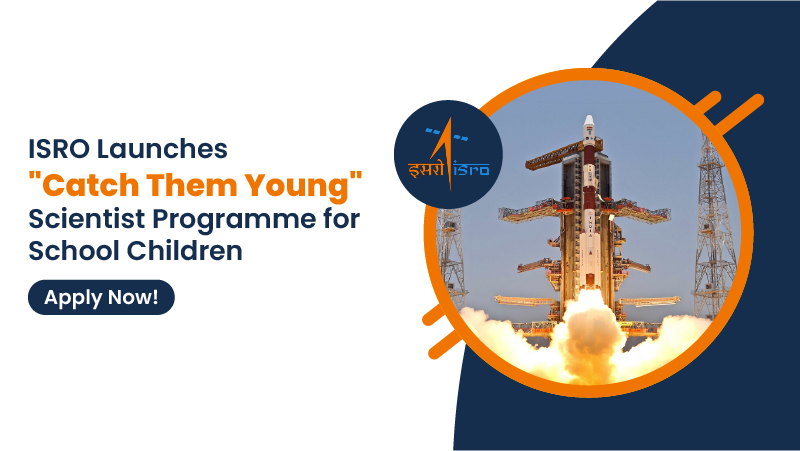
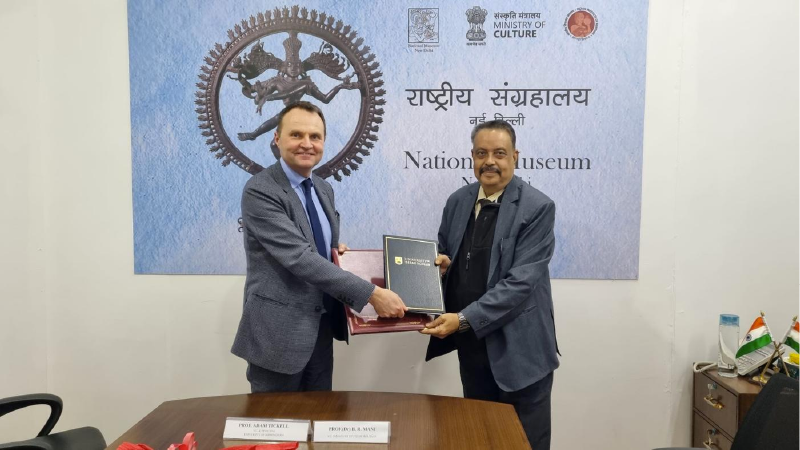
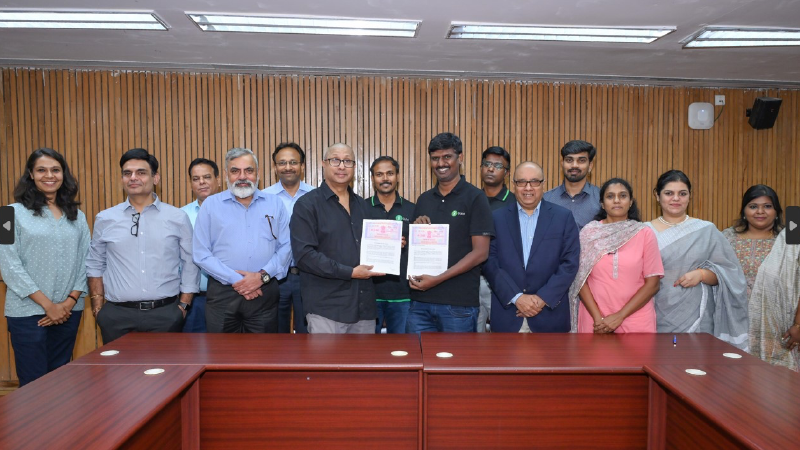
0 Comments
Post Comments